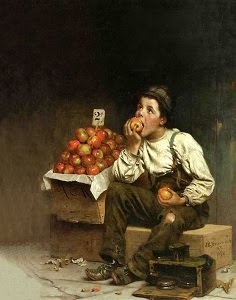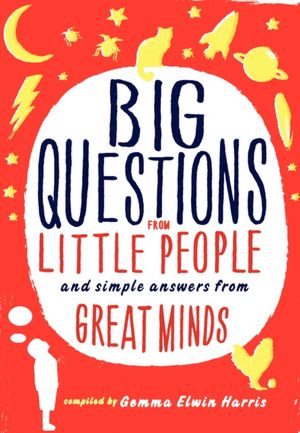 THE link between mind and body is terrain into which many medical researchers, fearing ridicule, dare not tread. But perhaps more should do so. For centuries, doctors have recognised the placebo effect, in which the illusion of treatment, such as pills without an active ingredient, produces real medical benefits. More recently, respectable research has demonstrated that those who frequently experience positive emotions live longer and healthier lives. They have fewer heart attacks, for example, and fewer colds too.
THE link between mind and body is terrain into which many medical researchers, fearing ridicule, dare not tread. But perhaps more should do so. For centuries, doctors have recognised the placebo effect, in which the illusion of treatment, such as pills without an active ingredient, produces real medical benefits. More recently, respectable research has demonstrated that those who frequently experience positive emotions live longer and healthier lives. They have fewer heart attacks, for example, and fewer colds too.Why this happens, though, is only slowly becoming understood. What is needed is an experiment that points out specific and measurable ways in which such emotions alter an individual’s biology. And a study published in Psychological Science, by Barbara Fredrickson and Bethany Kok at the University of North Carolina at Chapel Hill, does precisely that.
Read more about this important medical study here: ThinkYourselfWell



.jpg)


.jpg)




